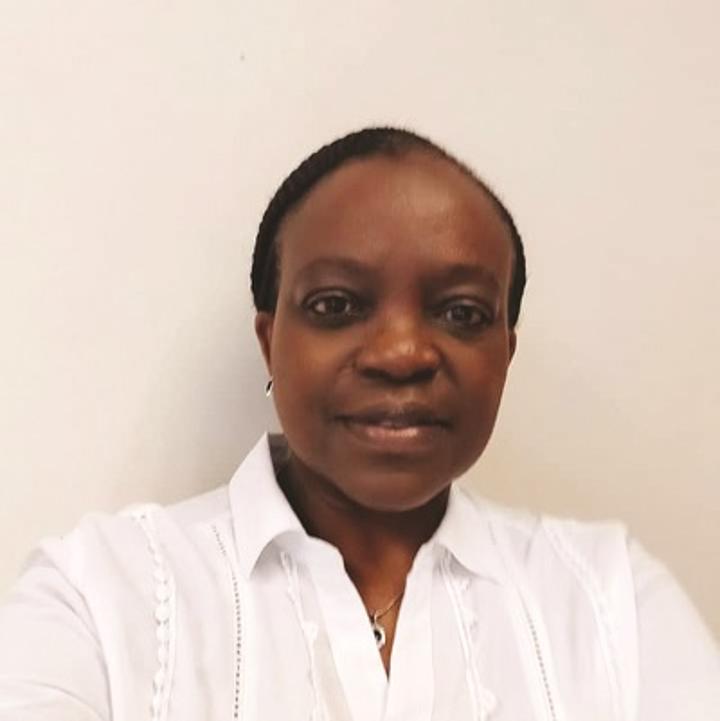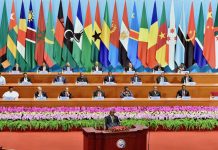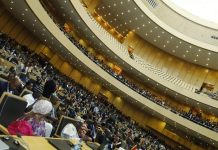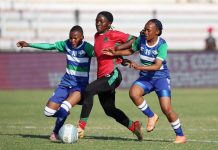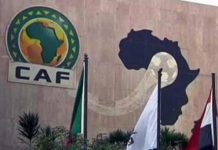Africa-Press – Lesotho. Lesotho Electricity Company (LEC) has submitted 2021/2022 tariffs increase application to Lesotho Electricity and Water Authority (LEWA) whereby it requires 30.9%
electricity tariff increment. This electricity tariff review application was submitted to LEWA to ensure that LEC charges appropriate tariffs and collects sufficient revenue
to enable reliable, efficient and sustainable operations. The application tabled the revenue requirements that LEC needs to provide reliable and safe electricity in order to power the economy.
It further details the tariff levels proposed per customer category, and elaborates on how these tariffs are expected to yield the envisaged revenue requirement.
LEWA Economic Regulations Manager Thuso Ntlama explained on Wednesday in a virtual presentation that they received an application from LEC, stating its demand for
the aforementioned developments. Ntlama further said they are gathering public opinions regarding LEC’s proposal as it is their duty to publish such requests
to the public to hear their opinions. “Before LEWA reaches its final decisions, we first look carefully at the complaints regarding the issue and see if they
can be fixed,” he said. He added that they will be collecting public opinions until August 19th. He noted that the last time LEWA received tariff increase application from LEC was two years back because last year due to the Covid-19
outbreak, which impacted the entire economy, electricity prices remained the same while in 2019, there was electricity relief for consumers. LEC Acting Corporate Planning Manager Dr.
Thakane Makume said LEWA expects LEC to make application for electricity increment every time they see a need for increment. She said this process has been going on since 2006.
Makume emphasized that factors that led LEC to submitting the application to LEWA include the fact that LEC purchases its power from the Lesotho Highlands Water
Authority (LHDA). However LHDA produces only a fraction of what LEC needs and the rest, which is just over 50% of the total electricity requirement, is
imported from ESKOM South Africa (SA) and EDM of Mozambique. She added that they also have other small hydro power stations in Semonkong and Mantšonyane
and they are using water to generate electricity thus the challenge is that due to lack of rain which led to dryness, they run out of water. “For such hydro power stations, we use diesel for them to continue operating and
that diesel is very expensive,” she said. She further said they are also faced with the challenge of costs to repairs and maintenance electricity transmitters.
She said LEC as a business like any other businesses has operating expenses which include consulting, information systems, and fleet running costs, travel and training.
Makume said they also need money to replace depreciated equipment. She indicated that last year, the money that they used to cover all the costs was M933 million and this year, they need M1.2 billion for their expenses.

